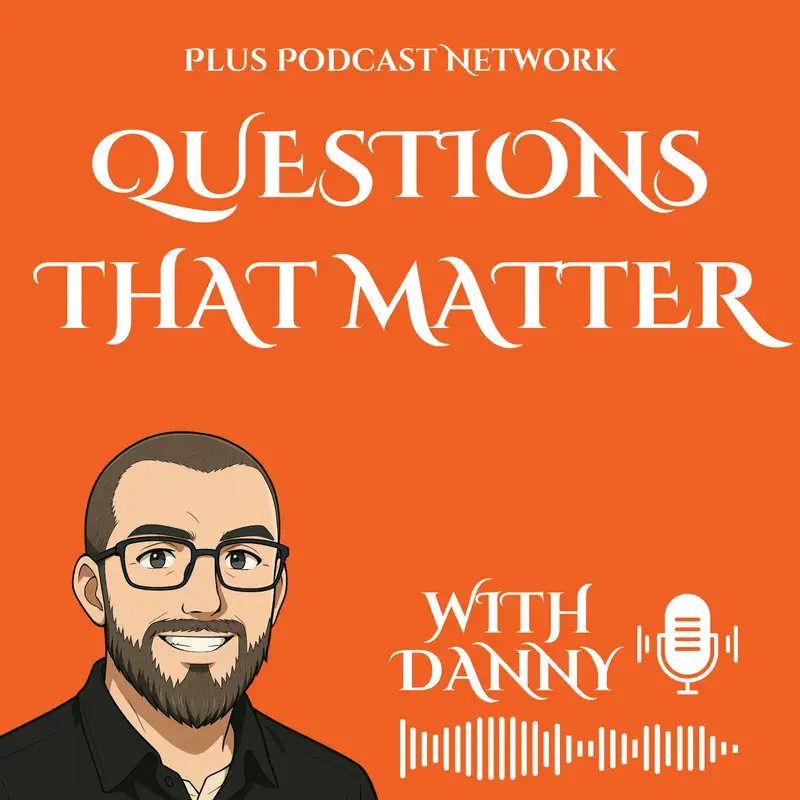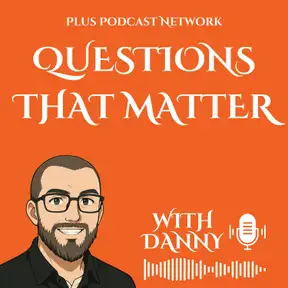The Strength in Softness: Let's Talk Vulnerability
Vulnerability – is it a weakness to hide or a strength to embrace? How does letting our guard down impact our connections? Let's explore the complex, scary, and potentially transformative role of vulnerability in our lives and relationships.
Okay, let’s talk about a word that can sometimes feel a bit… squishy, maybe even scary: vulnerability. What role does it actually play in your life? Is it something you actively avoid, something you dip your toes into occasionally, or something you try to embrace? And the big follow-up: how might leaning into it, just a little bit more, actually change the connections you have with people?
It’s funny, isn't it? So often, we're taught, or we absorb the message, that strength means being tough, stoic, having it all together. Showing vulnerability – admitting fear, uncertainty, need, or deep emotion – can feel like exposing a soft underbelly. It feels risky. And let's be honest, sometimes it is risky. Opening up can lead to getting hurt, being misunderstood, or facing judgment. No wonder we often build walls, right?
But then… think about the other side. When has someone else’s vulnerability deepened your connection with them? When someone admits they're struggling, or shares a genuine fear, or simply says "I don't know," doesn't it often make them seem more human, more relatable? Doesn't it sometimes invite you to be a little more open yourself?
So, is vulnerability actually the opposite of strength, or could it be a different kind of strength? Maybe the courage to be seen, truly seen, imperfections and all? What does that courage unlock? Could it be the key to deeper intimacy, trust, and authenticity in our relationships – whether romantic, familial, or friendships? If we never let anyone see beneath the surface, can they ever truly connect with us, or just with the polished version we present?
Where’s the line, though? Is there a difference between healthy vulnerability and, say, oversharing or emotional dumping? How do you gauge safety in relationships to know when and with whom it feels right to be vulnerable? Does it look different in different contexts – at work versus with your partner, for example?
And what about being vulnerable with yourself? Acknowledging your own struggles, fears, and imperfections without judgment. Does embracing internal vulnerability change how you show up in the world externally?
There are no easy answers here. Vulnerability seems to be this double-edged sword – it holds the potential for deep connection and the potential for pain. It requires discernment, courage, and perhaps a willingness to accept that risk for the possibility of a richer, more authentic connection.
So, mull this over: What does vulnerability look like for you? And what's one small way, perhaps, that experimenting with a little more vulnerability might shift something in a relationship you care about? I genuinely want to know what you think. Share your thoughts, experiences, or feelings about vulnerability in the comments section on the podcast, on our website englishpluspodcast.com, or over on our Patreon page. Let’s continue this conversation.

